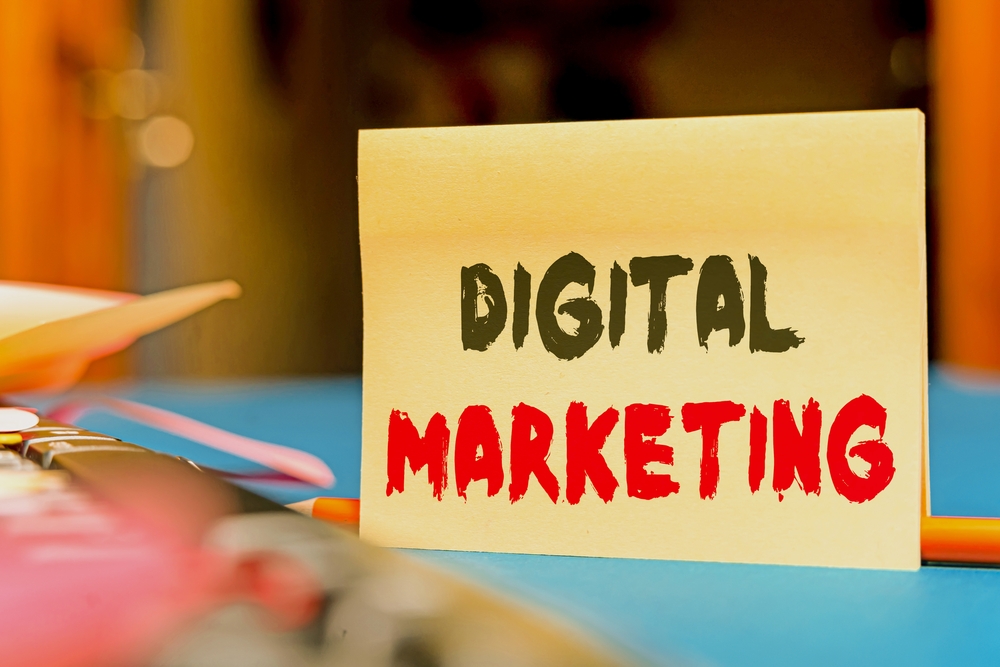In today’s rapidly evolving digital landscape, a well-structured Digital Marketing Agency Operational Plan is crucial for achieving sustained growth and operational efficiency. This plan serves as a blueprint, guiding agencies in their day-to-day activities and long-term strategies. Whether you are a burgeoning agency or an established firm looking to optimize your processes, a robust operational plan can significantly enhance your performance and client satisfaction.
Understanding the Core Components of Digital Marketing Agency Operational Plan
Mission and Vision Statements
The foundation of any digital marketing agency business model canvas begins with clear mission and vision statements. These declarations should articulate the agency’s purpose and aspirations, providing a directional beacon for all operational activities. A compelling mission statement can inspire employees, align teams, and resonate with clients, while a vision statement offers a long-term perspective on where the agency aims to be.
SWOT Analysis
Conducting a SWOT analysis (Strengths, Weaknesses, Opportunities, Threats) is vital in developing a comprehensive operational plan. This analysis helps in identifying internal strengths and weaknesses, as well as external opportunities and threats. By understanding these factors, a retail digital marketing agency can leverage its strengths, address its weaknesses, capitalize on opportunities, and mitigate potential threats.
Operational Framework
Defining Roles and Responsibilities
A successful digital marketing agency operational plan must clearly define roles and responsibilities. This involves detailing job descriptions, performance expectations, and the hierarchy within the agency. Clarity in roles ensures that each team member knows their responsibilities, which minimizes confusion and maximizes efficiency.
Process Optimization
Process optimization involves streamlining workflows to enhance efficiency and productivity. This can be achieved by adopting project management tools, standardizing procedures, and automating repetitive tasks. For instance, tools like Trello, Asana, and Monday.com can help in managing projects, tracking progress, and facilitating collaboration.
Resource Allocation
Effective resource allocation is a critical component of the digital b2c market research agency. Budgeting should be aligned with strategic priorities, ensuring that sufficient funds are allocated to high-impact activities. Similarly, investing in the right technology and talent can drive better results and innovation.
Strategic Planning
Marketing Strategies
A digital marketing agency operational plan should encompass detailed marketing strategies. These strategies should be based on market research, target audience analysis, and competitive benchmarking. Whether it’s content marketing, social media campaigns, SEO, or PPC advertising, each strategy should have clear objectives, target metrics, and timelines.
Client Acquisition and Retention
Client acquisition and retention strategies are pivotal for b2c digital marketing agency growth. Developing a strong client onboarding process, maintaining regular communication, and delivering consistent results are essential. Additionally, leveraging case studies, testimonials, and client feedback can help in building trust and long-term relationships.
Performance Measurement
Performance measurement is crucial for assessing the effectiveness of the operational plan. This involves setting Key Performance Indicators (KPIs) and using analytics tools to track performance. Regularly reviewing these metrics helps in identifying areas of improvement and making data-driven decisions. Common KPIs for digital marketing agency operations include website traffic, lead generation, conversion rates, and client satisfaction.
Innovation and Adaptation
Embracing New Technologies
The digital marketing landscape is constantly evolving, making it essential for agencies to stay abreast of the latest technologies and trends. Incorporating Artificial Intelligence (AI), Machine Learning (ML), and data analytics can provide a competitive edge. For instance, AI-powered tools can enhance customer insights, optimize ad targeting, and personalize user experiences.
Continuous Learning and Development
Investing in continuous learning and development is key to maintaining a skilled and knowledgeable team. This can involve regular training sessions, attending industry conferences, and providing access to online courses. Encouraging a culture of learning ensures that the team stays updated with the latest industry practices and innovations.
Conclusion
A well-crafted Digital Marketing Agency Operational Plan is instrumental in steering the agency towards success. By focusing on core components such as mission and vision, SWOT analysis, role definition, process optimization, resource allocation, strategic planning, and embracing innovation, agencies can achieve operational excellence. Regularly reviewing and adapting the plan ensures that the digital marketing agency business model remains agile and responsive to market changes. Ultimately, a strategic operational plan not only enhances efficiency but also drives sustainable growth and client satisfaction.


